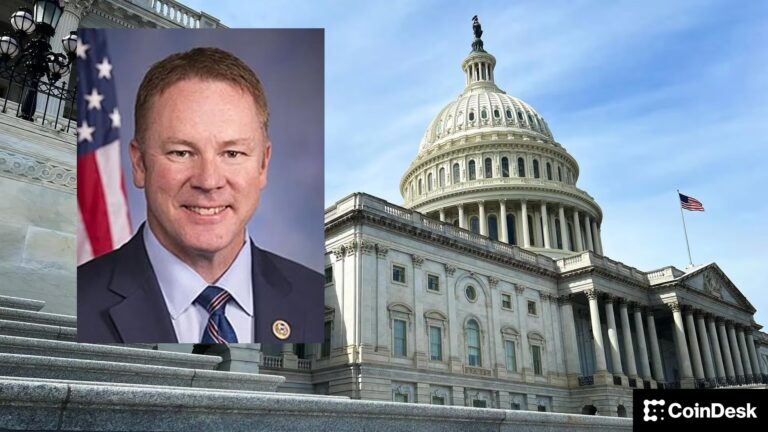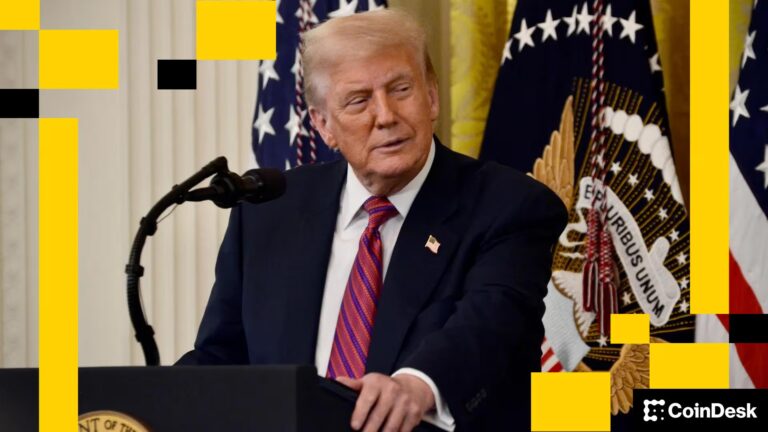PGI Global Founder Accused of Fraud in Alleged $200M Crypto Ponzi Scheme
PGI Global Founder Charged With Fraud Over Alleged $200 Million Crypto Ponzi Scheme
According to the SEC, Ramil Palafox misappropriated more than $57 million in client funds, using them to purchase Lamborghinis and luxury goods.
By: Cheyenne Ligon | Edited by Jesse Hamilton April 23, 2025, 7:30 PM

Key points:
- The US Securities and Exchange Commission (SEC) has charged Ramil Palafox with running a Ponzi scheme through PGI Global that defrauded investors of nearly $200 million.
- Palafox allegedly used $57 million in investor funds to purchase luxury items and now faces both civil and criminal charges.
- The SEC and the U.S. Department of Justice are focused on returning funds to investors and preventing future securities fraud.
The U.S. Securities and Exchange Commission (SEC) has charged the founder of defunct cryptocurrency and currency investment firm PGI Global with violating federal securities laws, alleging he created a “Ponzi scheme” that caused investors to lose about $200 million and $57 million to buy luxury items like Lamborghinis and real estate.
Ramil Palafox, 59, of Las Vegas, Nevada, also faces parallel criminal charges related to his activities at PGI Global. In March, a Virginia grand jury indicted him on a sweeping 23-count indictment, including eight counts of wire fraud. Because of what prosecutors described as Palafox’s “significant ties” to the Philippines, including dual citizenship, the judge overseeing his criminal case ruled Tuesday that he should remain in custody until further notice.
As detailed in court documents, PGI Global was a crypto investment scheme that operated from January 2020 to October 2021. About 90,000 investors around the world purchased membership packages using bitcoin or fiat currency that promised significant returns on their investments — up to 3% per day and 200% total returns. However, instead of actually investing clients’ money, as prosecutors allege, Palafox spent more than a quarter of the funds on personal enrichment and used the remaining funds to pay off previous investors in the scheme before it collapsed.
“Palafox used the guise of innovation to lure investors, lining his pockets with millions of dollars while leaving many victims empty-handed,” Laura D’Allaire, head of the SEC’s new Cybersecurity and Emerging Technologies Unit, said in a press release. “In reality, his false claims of cryptocurrency expertise and his purported AI-powered automated trading platform were merely a cover for an international securities fraud.”
Since the start of U.S. President Donald Trump’s second term in January, the SEC has reconsidered its approach to cryptocurrency regulation, halting investigations and some litigation against crypto companies related to alleged securities violations. However, despite the shift toward so-called “enforcement regulation” practiced under former Chairman Gary Gensler, the SEC has vowed to continue to crack down on crypto-related securities fraud.
The Justice Department has similarly changed its approach to cryptocurrency prosecutions by disbanding its task force
Источник



